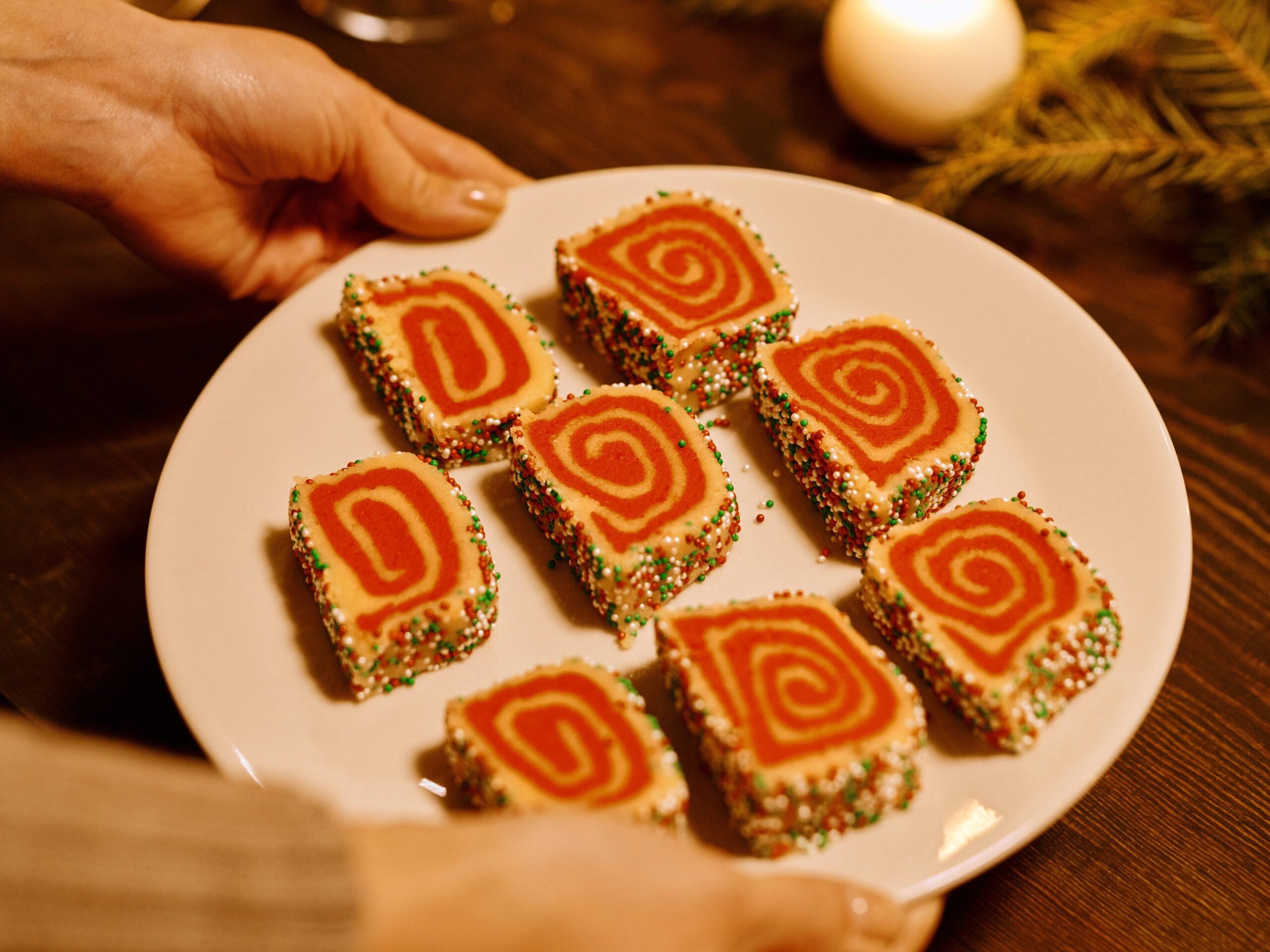Earlier this year, my client, Kat, was in the habit of eating two gingersnap cookies every evening for a treat. For her, gingersnaps hit that great middle ground between a treat she enjoyed, but not one that was too irresistible to stop at a reasonable amount. She didn’t feel deprived because her need for a treat was easily fulfilled by the cookies.
Then the holiday season hit, and Kat started reporting to me that she was once again frequently getting off track in the evenings. I asked her to describe what was happening and she said that one night, she got into the caramel turtles someone had sent her. Another night, she ended up overeating the holiday cookies her neighbor had dropped off. A third night she got into the leftover pies from a holiday celebration. I asked Kat, “Wait, but what happened to eating gingersnaps in the evening?’

Kat told me that she still had them in the house but that in the face of all the other holiday goodies she now had at home, they just weren’t that appealing to her. I said to her, “Exactly! That’s exactly why it’s critical to keep your home environment working for you, not against you, especially during the holiday season.” When all Kat had at home was gingersnaps, she happily ate them every night without a shred of feeling deprived. But in the face of turtles, cookies, pies, and more, the gingersnaps just weren’t that appealing and only eating them would have triggered feelings of deprivation.
The fact is that Kat can’t really limit her exposure to holiday treats outside her home (we want her to go to the holiday parties and gatherings and meals, after all!) but the part she can control is what she brings in her house. I discussed with Kat the strategy of “keep it moving.” This means when she gets gifted a holiday treat she immediately passes it on to someone else. Like a hot potato, the faster she gets rid of it, the less likely she is to get burned by it.
Kat said to me, “But isn’t that being ungrateful?” which is a concern I often hear when I propose this strategy. I reminded Kat that her neighbors dropped off cookies to impart holiday cheer. Her colleagues sent caramel turtles to show their gratitude. In accepting the cookies and the turtles, she is in turn accepting their well wishes. They wanted to show gratitude and she felt their gratitude. That transaction is closed. What happens after that is irrelevant to the point of the gift. Kat said, “Right, so I don’t actually have to eat the food to feel the love.” Bingo.
If your house is a temptation hot zone right now, consider taking steps to maximize your chances of success. And, remember, the next time you receive a food gift, keep it moving!